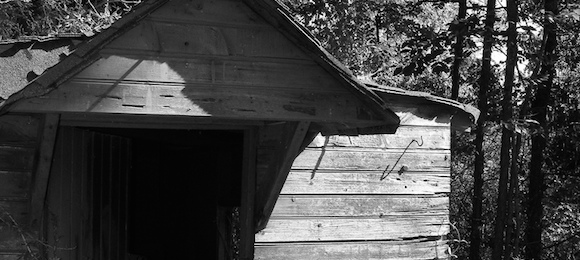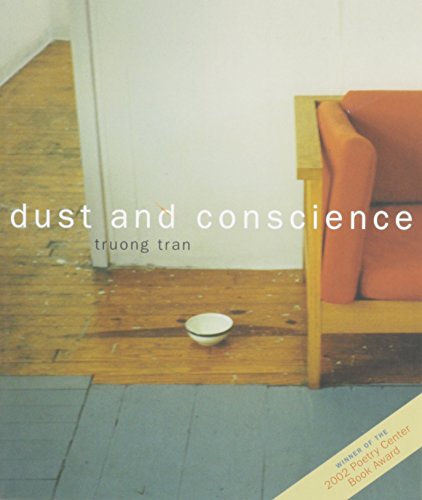
Artwork by Dennis Hendricks
Sarah has the image of the perfect dilapidated house in her mind, and we’ve been hunting it for the first eight weeks of summer break, in the woods behind her mother’s place. She read that New England is full of old houses that have been abandoned for more than a century and swallowed up by the trees. She takes with her a disposable camera. I take with me a box of band-aids for when the thorns scrape up our legs.
Each time we hunt, we walk straight into different sections of the forest for about an hour before I get nervous and ask her to turn back. Just before we start each expedition, I try and psych myself up and convince myself that this time I won’t get scared and ask to go home. But I think she would walk forever if it was left up to her.
My parents don’t like me going to Sarah’s because her mother doesn’t go to parent-teacher conferences, and there are rumors that Sarah got a ninth grader to buy her a pack of cigarettes in return for who knows what. The two of them moved here in October, and they’ll be moving again before school starts, and we need to find that broken-down house soon because it’ll be our last chance.
About forty-five minutes into the woods, just as I’m starting to feel anxious about where we are, we find something. It’s a shed of some kind with a birch tree growing straight through the roof. Planks are missing from all four walls, and the whole frame leans forward like an exhausted boxer. The wood is stripped of all paint and sun-bleached.
“Is this the one you had in mind?”
“No. But I think it’s the best we’re going to do.” She takes pictures and winds the film forward with her thumb on the dial. Inside the shed, the walls are blackened by dirt and age. The birch tree has punched out a jagged hole that’s only getting bigger with time.
I peel off a strip of papery bark and say, “I’m sorry this isn’t the one you had in mind,” when I should have said, “We’ll look again tomorrow.” I don’t want to look again tomorrow, though. I don’t want to be in the woods looking for unloved abandoned houses that have been swallowed up by the trees.
She takes a picture of me holding up a scrap of birch skin. She says she’ll mail the picture to me in fifty years, when I don’t expect it, with a note that says “Dear Will– The shed is still there, I bet– Love, Sarah.”
As we walk back, she talks about how the color black attracts sunlight while the color white reflects it. We learned about it in science, when Mrs. Dewitt brought out the pinwheel that spins in a vacuum because each wing has black on one side and white on the other. She says that, in a million years, the sun-bleached outside of that shed will be pushed to the ground, while the dirt-blackened interior will be pulled out into the light, and the shed will bloom like a flower. All abandoned houses will bloom, if we wait.
When we find our way out of the forest, we go to Sarah’s room. Her books and her winter clothes are already in boxes. She takes off her clothes down to her underwear and asks me to check for ticks. I put my hand on her side and say “You’re perfect,” when I should have said “You’re clear.” But, I meant to say “You’re perfect,” and she knows what I meant to say.

